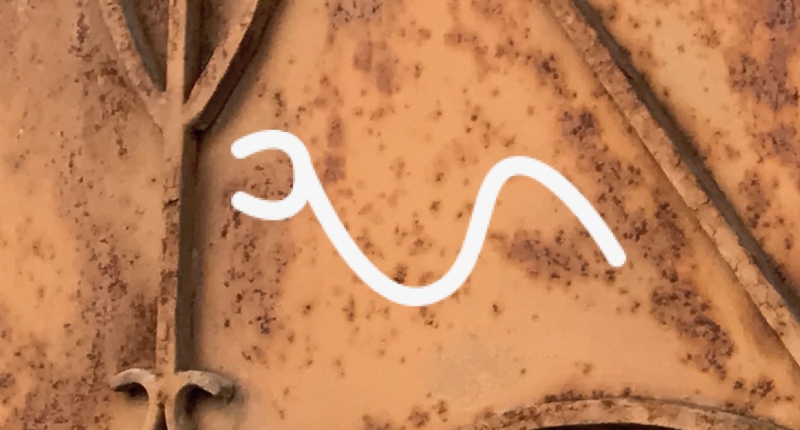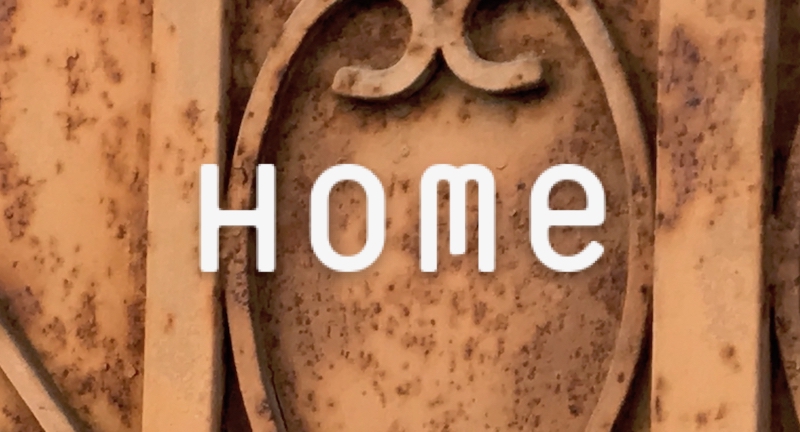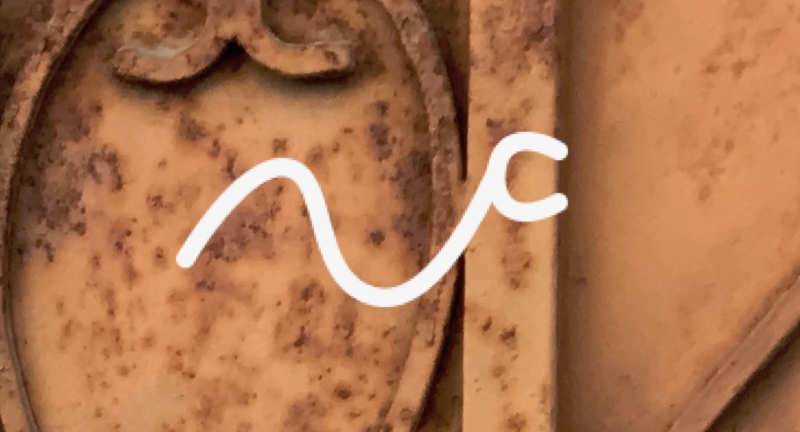translated by Ghazal Mosadeq
Curfew
Let’s go through the bridge to the nights
Let’s go through the nights to a lamp
Even if sleet wipes out the routes
Even if snow sits on where the downtrodden sleep
left behind the other side of railways
is a springtime
Behind every window a candle
behind every drape a Venus
In the roaring gorge of the terra firma hails
news from the heart of earth – roaring existence –
and bewildered he is worried about the proportion of waters
and like free energies, hammer-like
pulses in our veins
Soil is like the palm of the hand
obvious, luminous
The soil pushes back its mysteries
I know the creep of snakes in the reed bed
and I know the journey of ants towards spring
I know in such a valley, full of tents and lights
quiet and cunning, a panther is standing
and the horses have their muzzles in the wind’s way
the point of calamity displayed in the eye
other galaxies came to existence
things I can’t see are in genesis
like the confluence of our hearts and a train
we don’t know its source
but it comes to our heartstation
A bread at the back of a bakery
A moon behind the plant
A child, awake
staring at the night
at the end
of the curfew



